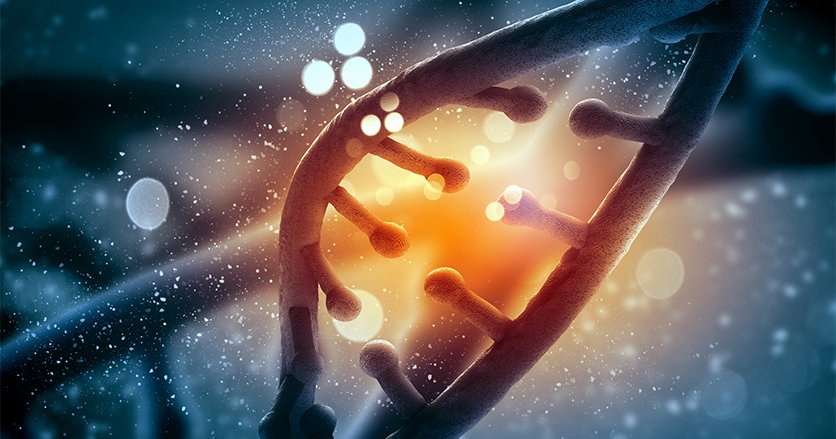Cancer Genetic Services

Do you know your family history?
Do you know your family history? It can affect your risk for certain types of cancer including:
- Breast
- Ovarian
- Endometrial
- Colon
- Other types of cancer
Red flags for referral may include:
- Personal or family history of breast, ovarian, endometrial or colon cancer diagnosed under the age of 50
- Multiple cancers diagnosed on the same side of the family
- Multiple cancers diagnosed in one person
- Personal or family history of metastatic prostate cancer
- Personal or family history of pancreatic cancer
Why Is Genetic Testing Important?
Hereditary cancers occur because of a change or mutation in certain genes that normally protect the body from developing cancer. This change increases a person’s risk for one or more types of cancer and can be passed from generation to generation.
For some genes, the risk is attributed to more than one type of cancer.
What Can a Genetic Counselor Do for Me?
A cancer genetic counselor can help you understand hereditary cancer more clearly. This person will:
-
- Review your family history of cancer
- Assess and explain your risk for hereditary cancer
- Describe the benefits and drawbacks of genetic testing and discuss whether you are a candidate for the test
- Interpret genetic test results and explain what they mean for you and your family
Receiving genetic counseling does not mean that you are required to have a genetic test.
If you do not test positive for a genetic mutation, there are options available for decreasing your cancer risk. These options will be described to you during your genetic counseling session.
The Testing Itself
There are options available for genetic testing including BRCA testing, Lynch testing and panel testing options. Many insurance companies will cover the cost of testing as well as the appointment to discuss your options.
Breast and Ovarian Cancer
The main hereditary breast cancer syndromes are also associated with an increased risk of ovarian cancer.
Hereditary breast and ovarian cancer risk can be passed down from either parent to their daughters or sons.
Signs of hereditary breast-ovarian cancer syndrome
Signs of hereditary breast-ovarian cancer syndrome may include but are not limited to:
- Breast cancer at age 45 or younger
- Breast cancer in both breasts at any age
- Both breast and ovarian cancer in the same woman
- Two or more people within a family with ovarian cancer and/or breast cancer, especially if the breast cancer was diagnosed at or before age 50
- At least one family member with breast cancer and one with ovarian cancer
- Breast cancer in men
- Ashkenazi Jewish heritage and ovarian cancer at any age or breast cancer before age 60
- Personal or family history of metastatic prostate cancer
- Personal or family history of pancreatic cancer
Genetic Testing
The two genes most commonly associated with hereditary breast and ovarian cancer are BRCA1 and BRCA2. The most common genes linked with colon cancer are associated with Lynch Syndrome or HNPCC.
People who have any of the risk factors for hereditary cancer may wish to learn if they carry a mutation. This testing is performed with a blood or saliva sample.
A positive genetic test indicates that a person has an increased risk for developing cancer. However, a positive result does not mean a person definitely will get cancer.
A negative test result does not mean a person will not get cancer sometime in his or her life.
These genetic mutations are very common in certain populations. For instance, experts estimate one in every 40 people of Eastern European (Ashkenazi) Jewish descent carries one of three particular BRCA1 or BRCA2 mutations.
There are other genes available for testing that can convey an increased risk for cancer. There are likely additional genes related to cancer risk not available for testing. Therefore a negative genetic test cannot totally rule out a hereditary cancer syndrome in a family. If you have a family history of cancer you should discuss your risk and options with your provider.
Genetic testing results may affect treatment and follow-up options for women who have had breast or ovarian cancer.
For these reasons, it is important to speak with a specialist in cancer genetics if you are concerned that cancer may run in your family.